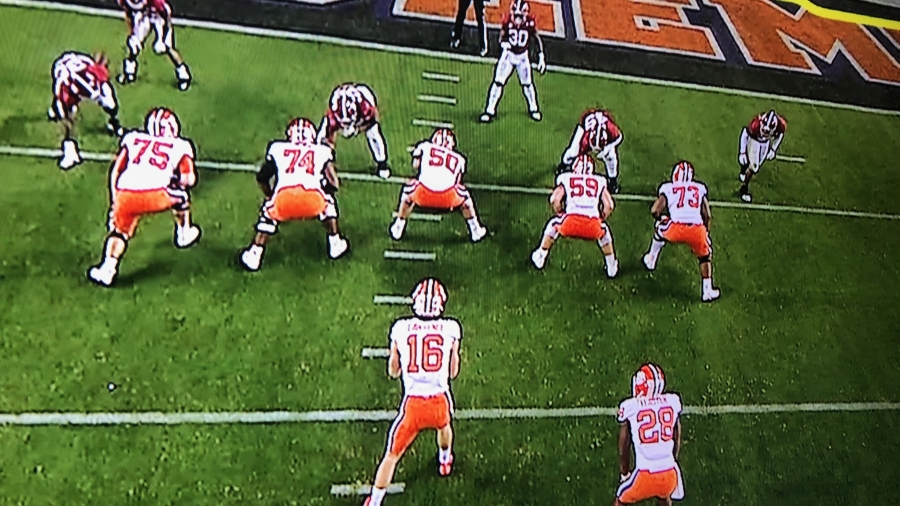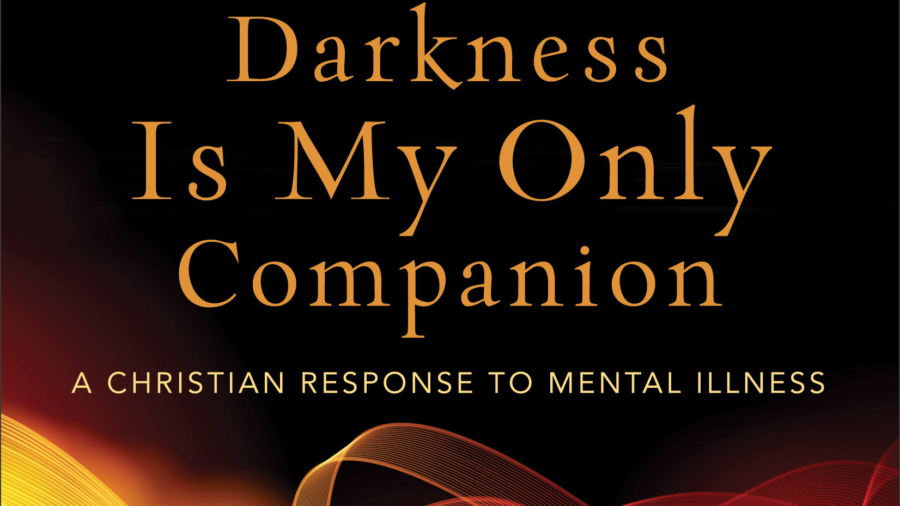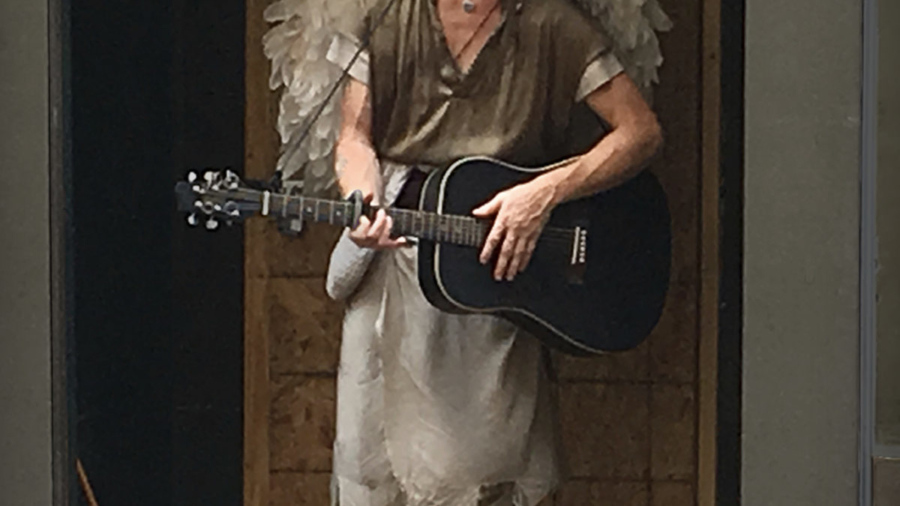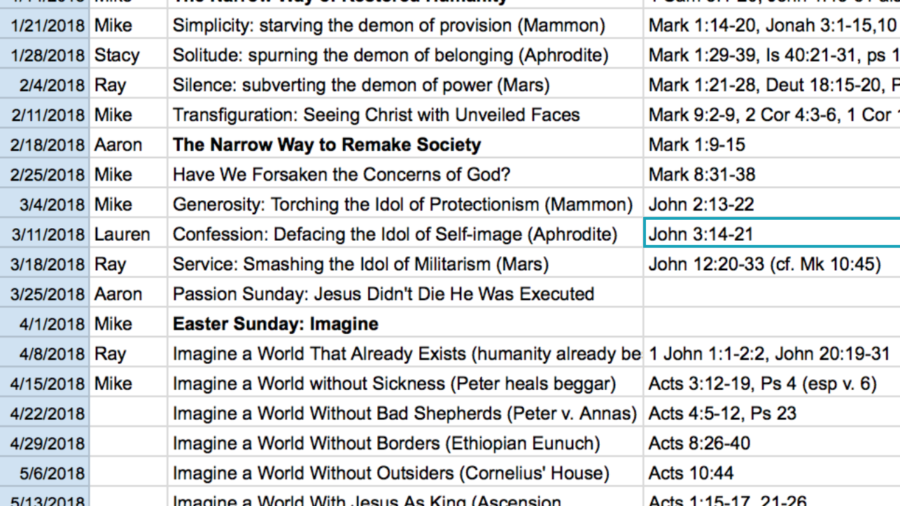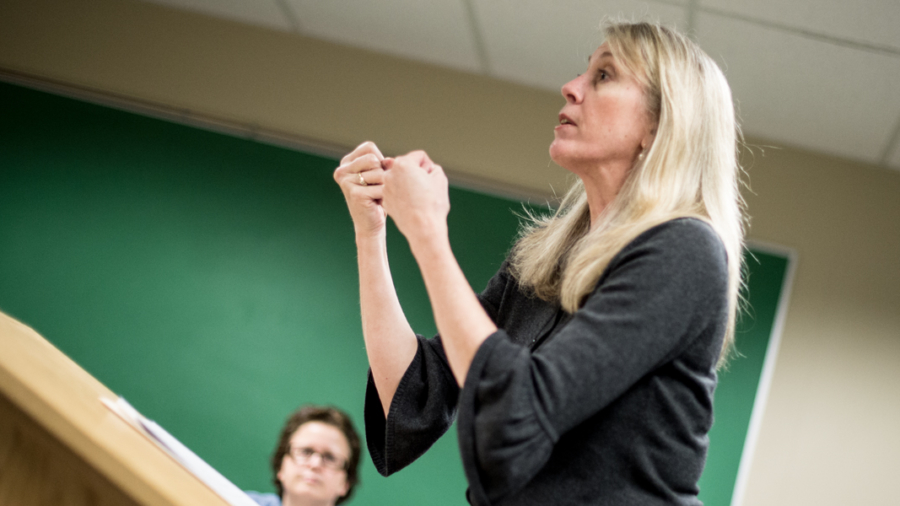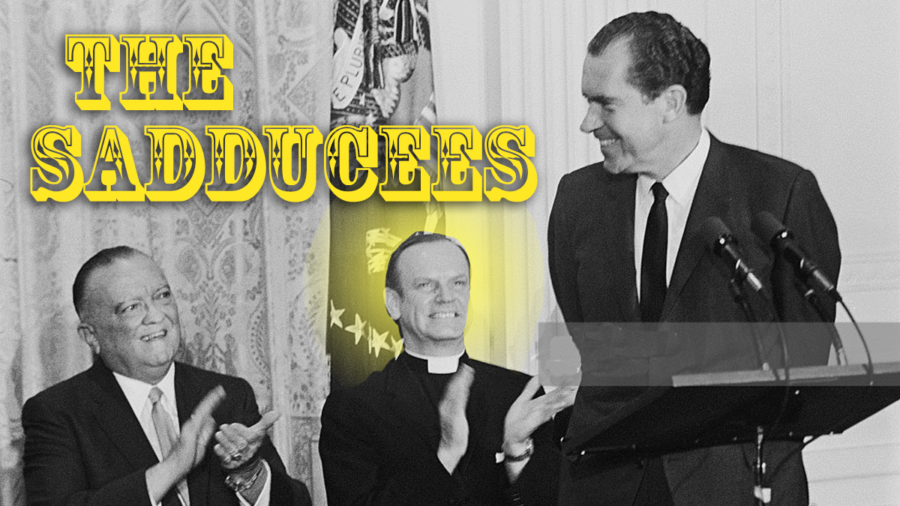For as long as I can remember, I’ve been a heady person. A cerebral type. Left to my own, I spend so much time pondering the meaning of life (and just about everything else) that my wife has come to refer to my head space as “my apartment.” We’ve long laughed about it, but we’ve cried about it, too. Because its not simply pleasant pondering that happens in that space, its analysis and scheming. Hyper-analysis, in fact. I’m constantly thinking ahead, dreaming up better possibilities, concocting new schemes. I’ve thought this was part of being visionary—my gift! But increasingly it feels like a curse: this inability to find simple joy in the present. Instead of enjoying the ride, I’m thinking about where else I could go or what else I could drive.
All of this has taken a toll on my marriage and family and probably other areas as well. It certainly takes it toll on me. My emotional life rises and falls with my ability to see the next big thing just over the horizon. New possibilities give my heart wings. With a new-and-improved version in my gaze I my ambition soars. But when I can’t see it—down I go.

